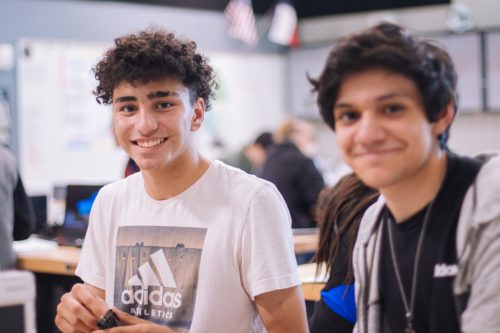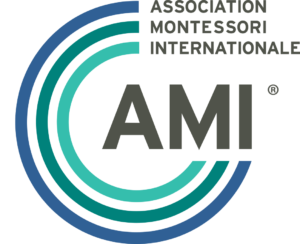The Child
Child Development
Dr. Maria Montessori’s Philosophy of education is founded on her theory of Four Planes of Development. To understand the characteristics of each plane informs and directs how we can support the child throughout their development.

First Plane
Birth to Age 6

“Help Me Do It Myself”
Focus on Self
- Period of physical and “spiritual” construction
- Need to feel loved and protected
- Mind – sponge like absorbing everything
- Period of adaptation to surrounding environment
- Development of ability to formally communicate
- Development of coordinated movement
- Spontaneous physical movement
- Use of sensory organs important
- Work alone or in parallel
- Need for purposeful work
Second Plane
Ages 6 to 12

Mental Independence
“Help Me Think”
Focus on friends and family
- Greatest potential for intellectual development
Relatively calm and stable - Disappearance of rounded, baby-like contours of the body and face
- Lose teeth
- Ready to move from concrete learning to abstract learning
- Use imagination
- Need more internal than external order
Adventuresome - Sense of justice
- Social; “Herd Instinct”
Big work - Hero worship
Third Plane
Ages 12 to 18

Social Independence
“Help me think with you”
Focus on global Community
- Idealism
- Need to discover their intended vocations
- Great change and relative instability
- Puberty
- Rapid physical and emotional changes
- Emotional and sensitive
- Need nurturing environment
- Need for respect
- Decrease in intellectual capacity
- Abstract learning
Fourth Plane
Ages 18 to 24

Spiritual and Moral Independence
“How can I help you”
Focus on Society
- Spiritual, emotional and moral independence
- Place in time and my contributions to society and humanity
- Have personal interests
- Evaluation of social policy
- Personal responsibility
Maria Montessori


